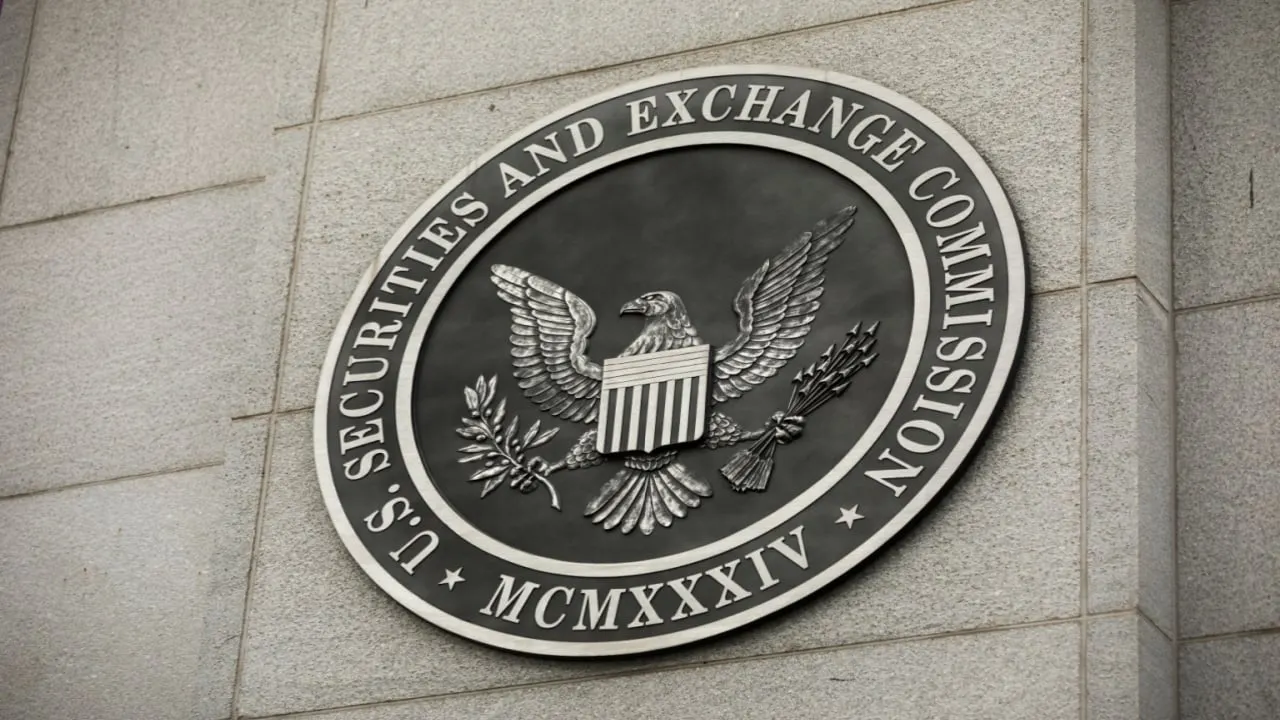The U.S. Securities and Exchange Commission (SEC) on Monday filed charges against cryptocurrency investment firm Abra—aka Plutus Lending LLC—for allegedly conducting unregistered offers and sales of crypto asset securities, and functioning as an unregistered investment company.
Abra has already settled the charges related to its Abra Earn service and has agreed to pay an unspecified fine. An Abra spokesperson confirmed the settlement agreement to Decrypt and said that the Earn service was shuttered in 2022.
“Without admission of wrongdoing, PLL agrees to continue to comply with securities laws. No consumers were harmed at all by the settlement or wind down of Abra Earn,” the spokesperson said. “All assets for U.S. Earn customers including accrued interest were transferred to their Abra Trade accounts in 2023. Abra continues to operate in the USA via Abra Capital Management, an SEC-registered investment advisor.”
The action continues the SEC's pattern of targeting major players in the cryptocurrency industry.
According to the SEC's complaint, Abra began offering its Abra Earn product to U.S. investors in July 2020, which allowed investors to deposit crypto assets with Abra in exchange for promised variable interest rates. At its peak, Abra Earn held approximately $600 million in assets, with nearly $500 million coming from U.S. investors.
"As alleged, Abra sold nearly half a billion dollars of securities to U.S. investors, without complying with registration laws designed to ensure that investors have sufficient, accurate information to make informed decisions before they invest,” Stacy Bogert, Associate Director of the SEC's Division of Enforcement, said in a statement.
The SEC alleges that Abra marketed the product as a way for investors to earn interest "auto-magically" on their crypto assets.
The complaint states that Abra used investors' assets at its discretion to generate income for itself and fund interest payments. The SEC also contends that these offerings constituted securities and were not exempt from registration requirements.
Furthermore, the regulator claims that Abra operated as an unregistered investment company for at least two years, issuing securities and holding over 40% of its total assets, excluding cash, in investment securities.
“This matter reflects yet again, that in conducting enforcement investigations, we are governed by economic realities, not cosmetic labels," Bogert said.
The SEC's action comes amid a broader regulatory crackdown on Abra. Earlier this year, financial regulators from 25 U.S. states reached a settlement with Abra and its CEO over unlicensed operations.
As part of that agreement, Abra committed to refunding up to $82.1 million to customers in those states, and CEO Bill Barhydt faces restrictions on participating in money transmitter or money services businesses for five years.
Monday’s charges against Abra underscore the SEC's approach to regulating the crypto industry, which has been evident in its high-profile lawsuits against major exchanges like Binance, Kraken, and Coinbase.
In December 2020, the SEC filed a high-profile lawsuit against Ripple Labs and two of its executives, alleging that their sales of XRP constituted an unregistered securities offering. A New York court earlier this month ordered the fintech company to pay a $125 million fine over the lawsuit.
More recently, in June 2023, the SEC escalated its efforts by filing lawsuits against major cryptocurrency exchanges Binance and Coinbase, accusing them of operating as unregistered securities exchanges.
The SEC has also targeted other crypto services. In February 2023, Kraken agreed to pay $30 million to settle SEC charges related to its staking-as-a-service program. Similarly, in February 2022, BlockFi agreed to pay $100 million to settle SEC charges related to its crypto lending product.
Edited by Andrew Hayward

